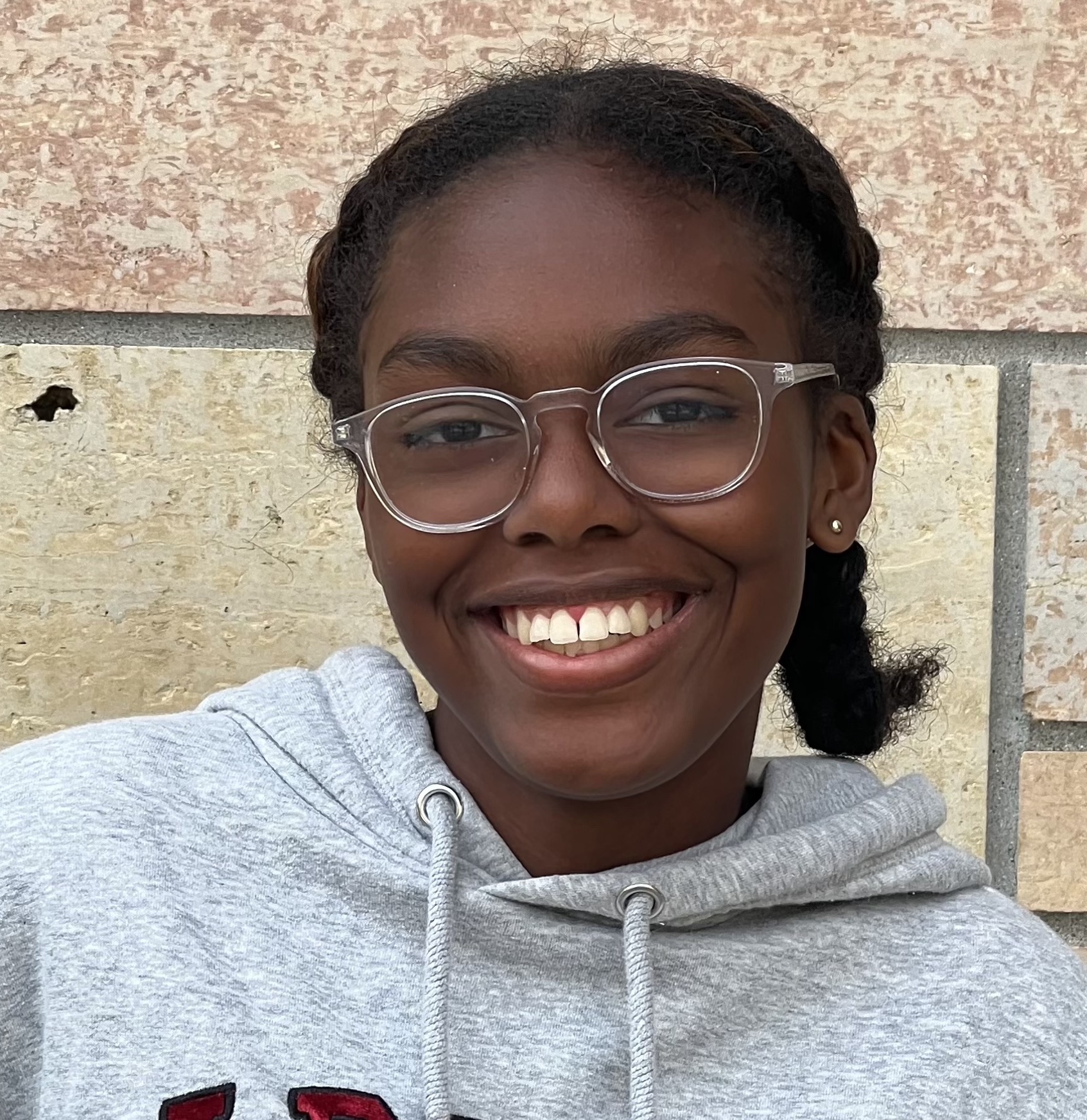
The summer before my freshman year I was ecstatic. My coach had previously told me if I kept things up I could play soccer in college. All my life I have been playing sports. I grew up in a competitive sports family. Since I was young, I have played over 20 sports — from soccer to tennis, basketball to hockey. I was determined to get on the high school team and had goals to take it all the way to college.
That summer I played soccer every day, as well as doing cardio conditioning and strength training. One day toward the beginning of practice when the workout had been minimal, I had a scare.
My heart felt like it was going to explode, and I knew something was wrong. I was worried, not because of my spiraling health, but that I’d miss even a single practice.
My mother took me to the doctor, who immediately referred me to the children’s hospital. The scariest thing for me at that moment was that I might not be able to make it to tryouts on time.
Time slowed in that little room. When the doctor came in, he looked puzzled. He simply said, “I don’t exactly know what is going on with her heart. She could have an early onset of hypertrophic cardiomyopathy.”
My father looked down at his hands and my mother started crying, but at that moment it didn’t feel like I was hearing the doctor at all. I wasn’t concerned about potentially having a life-threatening chronic illness, I was scared I’d never be able to play soccer again.
I was told I needed to wait two more weeks for more testing, and then I could potentially be cleared to play with heavy monitoring.
Going to the hospital multiple times, I’d see sick kids walking around with horrible conditions. They were still able to keep smiles on their faces. I was confused to see their joy after all they had been through. I didn’t realize how greatly this illness could affect my life. I grew agitated and angry at myself for taking my health for granted. I was refusing to adapt. At the time I didn’t understand the value of accepting change and how big of a skill it was for me to learn.
I began to understand that my resistance to change was a form of self-sabotage. Without accepting the reality of my situation, I was losing out on opportunities for personal growth. Just like the kids at the hospital, who at a young age have had to learn to adapt and find happiness in other things, I had to stop thinking about the past and learn to focus on what I still had.
After the final test, I was cleared to play. I didn’t go back to the mindset I had before because I learned the importance of accepting change, and the joy and peace that came with it.
Although this was a scary time in my life, I’m thankful for the lessons it has taught me and want to use them to help others. I would like to study biomedical engineering to help children who have heart conditions. I would do research on how to let kids pursue their passions while also being safe, using engineering to monitor their hearts without invasive testing. I have learned the most important lesson of all, that change is inevitable and accepting it can lead to more opportunities for growth.
